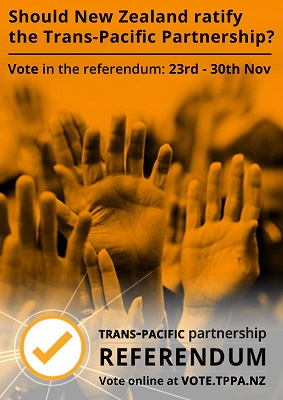Two stories from today's Herald illustrate the decline in our public service under National. First, news that the Ministry of Education pressured the (supposedly independent) Education Review Office to rewrite a report to prevent criticism of their Minister:
A damning report by an education watchdog about babies and toddlers was partially rewritten after high-level meetings about its "risk" to the Government.
Documents show Ministry of Education advisers also tried to mitigate the impact of the Education Review Office report by planting good-news stories to balance negative media coverage, and carefully crafting a communications "narrative" during "war-room" meetings before its release.
[...]
Its imminent release sparked a flurry of activity at the ministry, including meetings with ERO and internal "war rooms" about risks, after which a message was sent by a communications manager saying the report was being rewritten - one day before its intended release - to "put the onus of responsibility more firmly on providers".
Sources say the ministry wanted the report "reframed" as it was seen as a threat to the Government and could have potentially embarrassed the minister, Hekia Parata.
But its not the role of public servants to protect the Minister from embarrassment. They're supposed to be politically neutral, not Ministerial PR flacks. And the fallout from this is that it is clear that ERO reports will be rewritten to suit the political needs of the Minister, meaning that we can simply no longer rely on them in shaping education policy (or rather, that we might as well treat them like material from lobbyists - in this case, lobbyists for the National Party).
Meanwhile, the National Party is
abusing public money for electoral purposes, and abusing the OIA in an effort to hide that fact:
Housing officials tried to hide a National MP's attempt to use a Government housing roadshow to raise her own public profile, documents show.
The Labour Party said National list MP Parmjeet Parmar was guilty of trying to use taxpayer money for political campaigning, and officials had been caught red-handed trying to cover it up.
Documents released to Labour MP Kris Faafoi revealed Dr Parmar wanted to co-host a meeting for the Government's HomeStart programme near Mt Roskill, where a by-election will be triggered when current MP Phil Goff runs for the Auckland Mayoralty.
"Parmjeet Parmar has ... expressed a keen interest in hosting a roadshow as she is keen to raise local profile in Mt Roskill in case of a by-election," an email from Housing Minister Nick Smith's private secretary said.
Dr Parmar wanted to support the event with billboards and letters, the email said. Officials said a roadshow meeting in Onehunga would be a good location because it was close to the boundary with Mt Roskill.
And this was planned and pushed for not by Smith, not by his Ministerial Advisor, a hired political hack, but by his private secretary - a public servant supposedly committed to public service neutrality. And then, to top it all off, they then played the "out of scope" game to try and hide these discussions from an OIA request. So, an attempt to corruptly use the machinery of government for political purposes, and an abuse of the OIA as well.
(As a matter of policy, if the government releases a document with "out of scope" withholds, you should always request a clean copy just to see what they're trying to hide. They waste our time, we waste theirs...)
Both of these stories point to an increasing politicisation of our public service and its increasing distortion to serve National's political and electoral goals. This makes a mockery of the idea of a neutral public service. And the result will be a loss of public confidence in the public service, and the risk of a lot of sackings next time there is a change of government.
Update: The story on the ERO report has been pulled, resulting in
this apology. An OIA has been dispatched in an effort to excavate the internal reaction to the story and the threats that were made. Meanwhile, you can read the original story (and the supporting OIA docs)
here.





